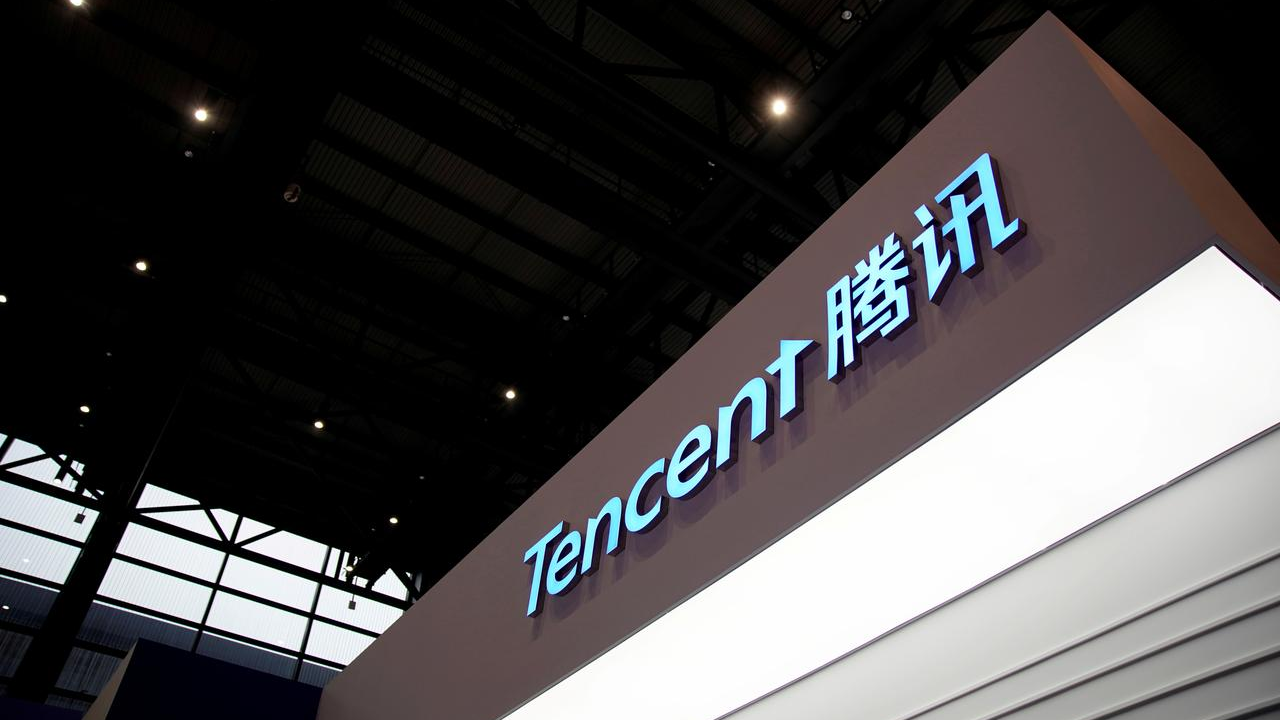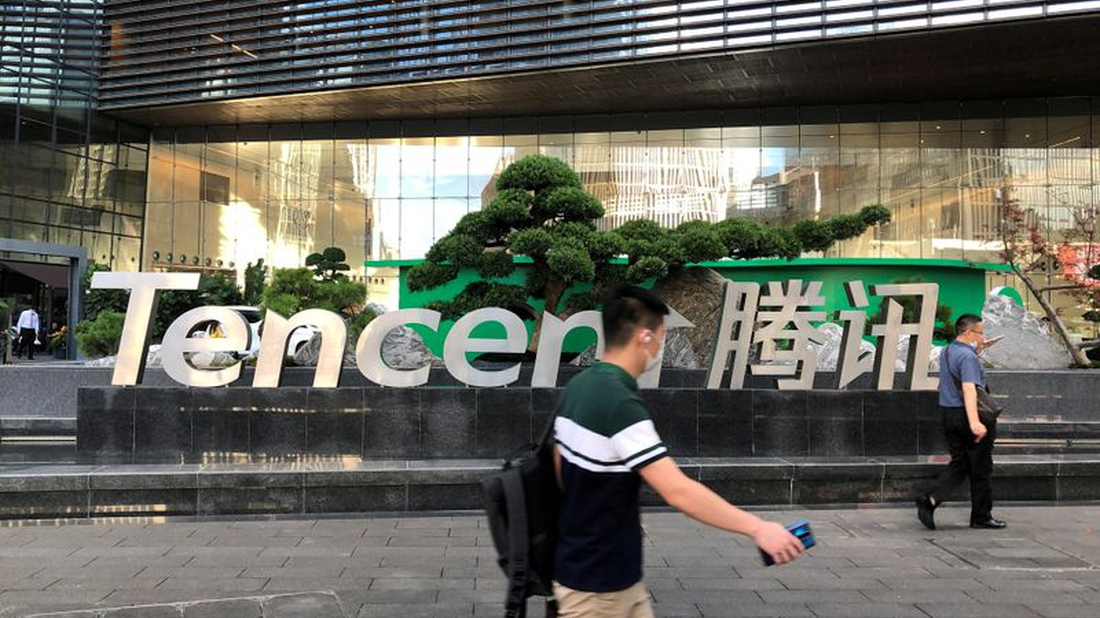
A Tencent sign during the 4th World Internet Conference in Wuzhen, Zhejiang Province, China, December 3, 2017. /Reuters
A Tencent sign during the 4th World Internet Conference in Wuzhen, Zhejiang Province, China, December 3, 2017. /Reuters
Chinese tech giant Tencent Holdings Ltd. posted an unexpected 37 percent quarterly net profit increase, thanks to its strong video game performance, even as its messaging tool WeChat faces sanctions by U.S. President Donald Trump.
The Shenzhen-based company reported a net profit of 33.1 billion yuan (4.8 billion U.S. dollars) in the second quarter, up from 24.1 billion yuan on a year on year basis.
Tencent has the world's largest video game business. Its online games revenue, which accounts for one-third of total sales, surged 40 percent in the quarter ending June 30, mainly driven by the boom of mobile games including Peacekeeper Elite and Honor of Kings both in China and overseas.
However, a continued decline in desktop games offset some of those revenues, said the earnings report.
The company's total revenue increased 29 percent to 114.9 billion yuan in the quarter, versus market expectations of 112.76 billion yuan.
"We achieved generally robust operating and financial results in the second quarter, testifying to the diligence of our teams and resilience of our business model," said Ma Huateng, chairman and CEO of Tencent, in the earnings statement on Wednesday. "We are committed to investing in talents, technology and platforms in a disciplined manner to embrace the emerging structural opportunities and challenges ahead."

People walk past a Tencent sign at the company headquarters in Shenzhen, Guangdong Province, China, August 7, 2020. /Reuters
People walk past a Tencent sign at the company headquarters in Shenzhen, Guangdong Province, China, August 7, 2020. /Reuters
Revenues from social and others advertising, fintech and business and social networks all grew around 30 percent. Nevertheless, media advertising revenues fell by 25 percent due to "weak brand advertising demand amid the challenging macro environment, as well as delayed content production and releases."
The earning results came a few days after Trump signed the executive order which would ban U.S. transactions with WeChat and video-sharing app TikTok in 45 days citing national security concerns, which the Chinese side called "blatant hegemonic acts."
On Wednesday, Tencent stated in a meeting that its U.S. revenue accounts less than two percent of its global revenue, and the number is even less than one percent if looking at advertising revenue.
Founded in 1998, Tencent has enjoyed both fame, popularity and profits for decades.
From QQ to WeChat, which many people in the West may have never heard about, Tencent has been an unshakable titan in the Chinese instant messaging market.
In 1999, Ma developed the historic online PC messaging tool OICQ, later renamed as QQ which almost every Chinese knows about.
Lots of companies, such as Microsoft, China Mobile and Baidu, tried to challenge the dominance of QQ, but they all finally failed.
Read more: China's transformation, from email to QQ, WeChat
Twelve years later, when the era of the mobile internet came, instant messaging app WeChat was born, which marked the moment that QQ was moving off the stage.
Now WeChat is way more than just a chatting tool like WhatsApp – it is an "all in one" digital ID. From basic messaging to mobile payment and transactions, or even e-commerce and gaming, 12.1 billion active WeChat users are using the tool worldwide everyday, according to its newest statement.
Given that China has a population of 1.4 billion people, WeChat is fairly enough to be seen as a phenomenon.
Read more: What is WeChat and what can it do?

Logo of popular Chinese messaging app WeChat is seen on a mobile device of a user in Mountain View, California, U.S., August 6, 2020. /VCG
Logo of popular Chinese messaging app WeChat is seen on a mobile device of a user in Mountain View, California, U.S., August 6, 2020. /VCG
Tencent also made a lot of money through gaming, music and movies, as it is the largest video games publisher in the world.
It has more than 60,000 employees with average monthly salary of over 10,000 U.S. dollars, which is far above the national average. The Chinese gross national income per capita, which means the money earned by a Chinese national in a year, was 10,410 U.S. dollars in 2019.